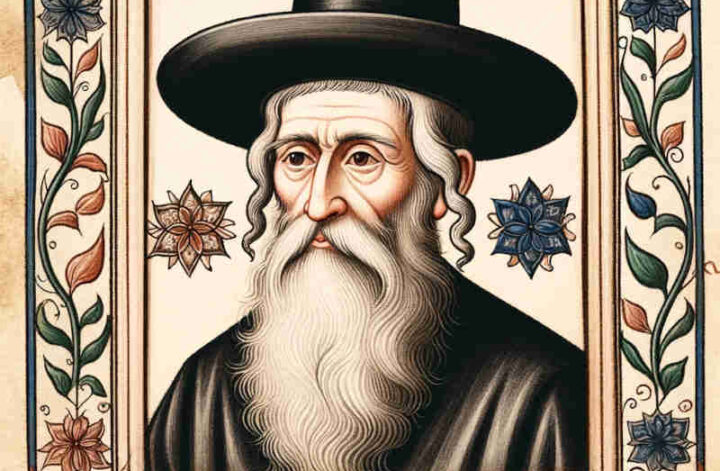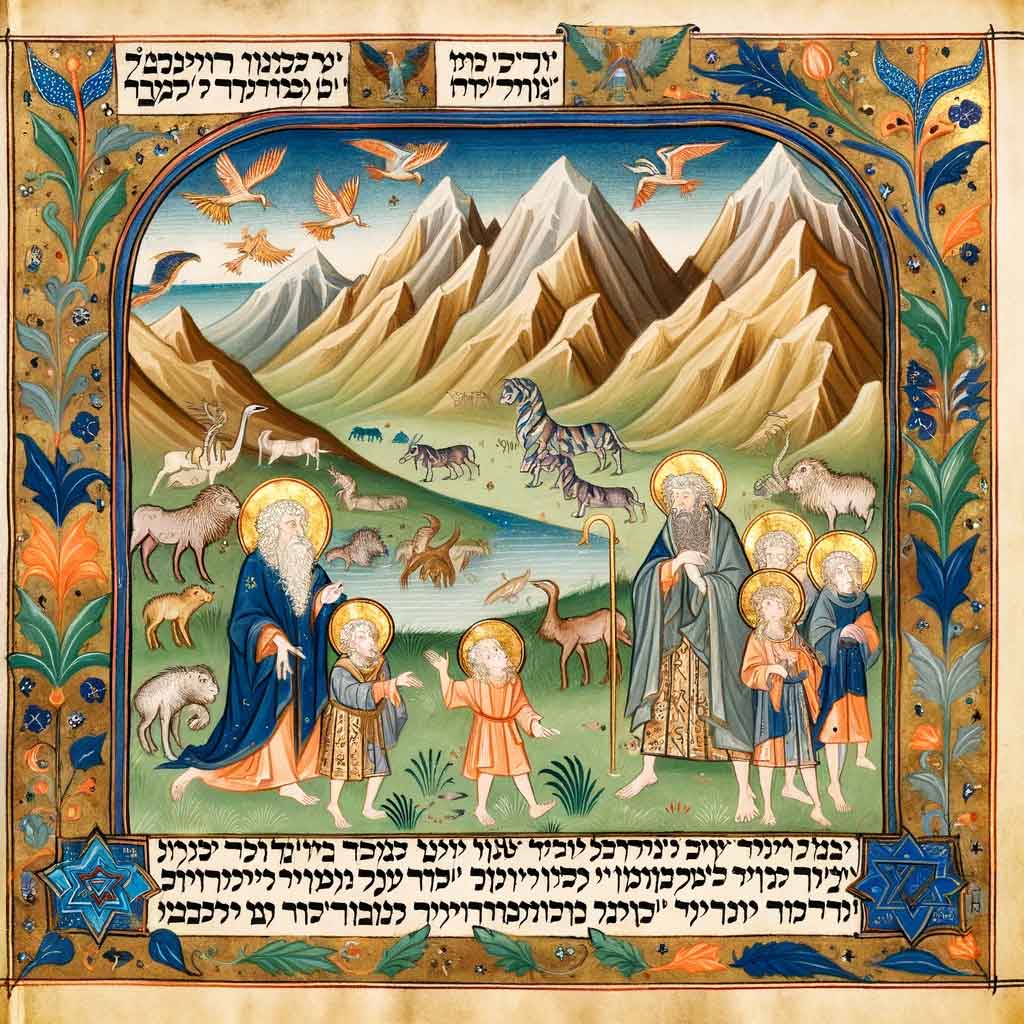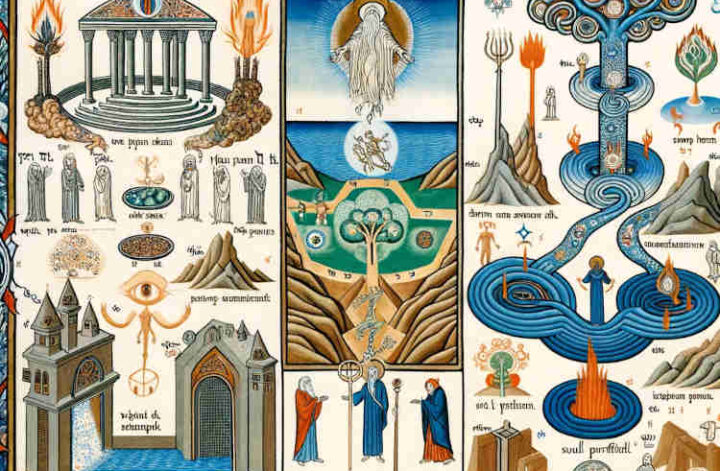Dear Rabbi Joshua,
I’ve often noticed that in my Jewish friends and in pictures, individuals wear various types of hats and head coverings. This has piqued my curiosity. Could you please enlighten me on the reasons why Jews wear hats? Thank you.
Warm regards,
Eli Sheinfeld
The Tradition of Head Coverings in Jewish Culture
Shalom Eli,
Your question taps into one of the most visible and significant customs within Jewish tradition. The practice of wearing hats or head coverings, which can take the form of kippot (singular: kippah), hats, or streimels among others, is deeply rooted in Jewish law, custom, and historical identity.
Halakhic Foundations
The halakhic (Jewish legal) basis for covering one’s head is not explicitly commanded in the Torah. However, it is derived from various Talmudic sources. In tractate Shabbat (156b), it is noted that covering the head can inspire a fear of Heaven (יראת שמים – Yirat Shamayim): “Rav Huna son of Rav Joshua would not walk four cubits (about 2 meters) with his head uncovered. He explained: ‘Because the Divine Presence is above my head.’” This reflects a mindset of humility and reverence before God, a constant reminder of the Divine that watches over us.
Cultural and Historical Perspectives
Historically, head coverings have also been a mark of social status and respectability. In many societies, it was a common practice for learned and distinguished individuals to cover their heads. Over time, this custom was adopted more broadly within Jewish communities, becoming a marker of one’s Jewish identity and a symbol of respect for the traditions handed down through generations.
Variations Among Communities
The style and type of head covering can vary greatly among Jewish communities, often reflecting the geographical, cultural, and mystical traditions of each group. For instance, the kippah is widespread among many Jewish men and is worn during prayer, meals, and throughout daily activities. In more traditional communities, such as many Haredi and Hasidic groups, hats or larger head coverings like the shtreimel are worn, especially on Shabbat and festivals, as a sign of extra respect and celebration.
Modern Context and Personal Expression
In today’s world, the choice of head covering can also be an expression of personal religious commitment and identity. While Orthodox men typically wear a head covering at all times, others may choose to do so only during religious activities. For many, it is a proud badge of their heritage and faith, a declaration of identity in an increasingly global and interconnected world.
Conclusion
The act of wearing a hat or head covering is a multifaceted tradition within Judaism. It is a practice rich with religious, historical, and personal significance, representing a covenantal bond with God, a gesture of respect, and a statement of identity. Like many aspects of Jewish life, it is a custom that tells a story, linking the individual to the collective history and spiritual journey of the Jewish people.
May your journey into understanding Jewish customs deepen your appreciation for the diversity and profundity of Jewish life. Please reach out should you have more questions on this or other topics related to Judaism.
B’Shalom,
Rabbi Joshua



